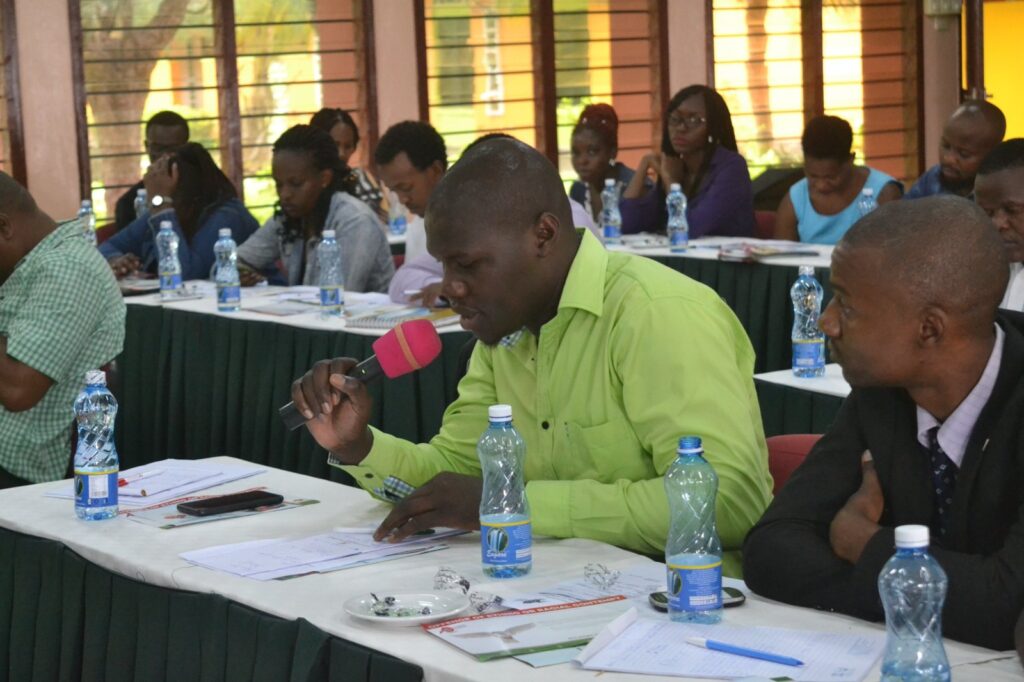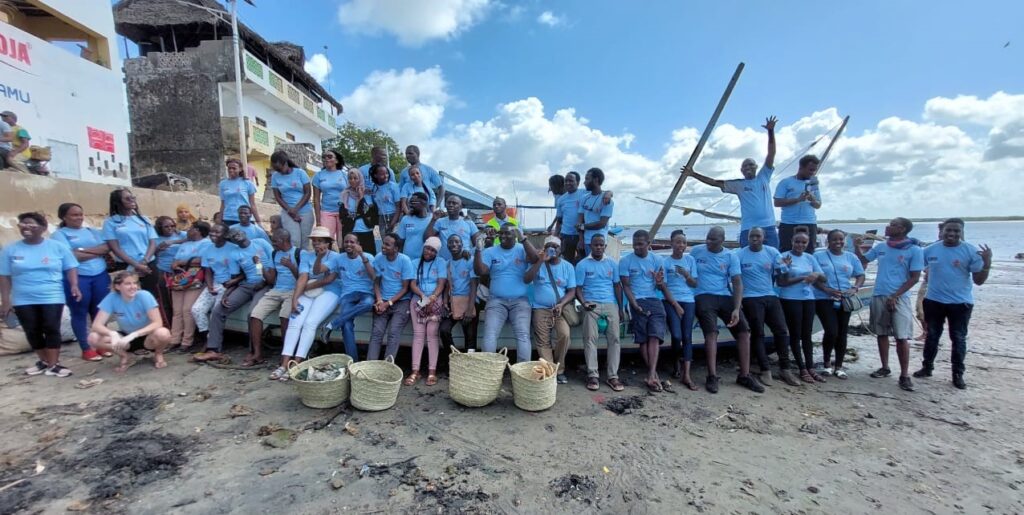Culture, the embodiment of beliefs, behaviours, and artifacts within a group, is a treasure passed down through communication and learning rather than genetic inheritance.
It represents the collective civilization of a people, shaping their identity and values.
However, the assimilationist perspective, at the heart of cultural debates, advocates for leaving behind one’s native culture and adopting a new one.
Communication experts have emphasized the dimensions of culture, particularly in high and low context cultures, where explicit information prevails in the latter.
Despite being endowed with a rich culture, most Africans, have often regarded the Western culture as the standard, often relegating their own to the back burner.
No man is an island
While various blocs such as the West and the East have their unique cultural communication models, the jury is still out on the existence of a cultural communication model unique to Africa.
In the Eastern cultures, for example, Confucian ideals have deeply influenced human relationships.
Theirs is collectivistic and an individual exists not in isolation but as a part of a group. In American society, individuals want to be independent beings as opposed to Korean society where members want to be in a group and hold each other tightly.
But is there a unifying cultural ideology that define Africa? Most, exhibit either the Western or Eastern cultural models.

KNATCOM Conference 2023
I am glad by the efforts to raise awareness on culture and heritage among the youth in Kenya. The Kenya National Commission for UNESCO (KNATCOM) stands out as the focal point for United Nations Educational, Scientific and Cultural Organization (UNESCO) programmes.
Through its Culture programme, KNATCOM has, for the past few years, consistently championed the conservation and safeguarding of cultural heritage in the country.
The Commission has successfully organized and coordinated National Youth Workshops, coinciding with World Heritage Day, celebrated in May each year. Such gatherings provide a glimmer of hope for culture enthusiasts, competitively selected to represent 47 counties in Kenya.
During these workshops, culture experts guide the youth in activities geared toward promoting, conserving, and safeguarding culture and heritage in Kenya.
Moreover, participants meticulously examine the two most critical Conventions related to tangible and intangible heritage: the 1972 Convention concerning the World Cultural and Natural Heritage, and the 2003 Convention on the safeguarding of Intangible Cultural Heritage.
Additionally, culture experts familiarize the youth with other normative instruments in the field of culture, such as the 1954 Convention for the Protection of Cultural Property in the Event of Armed Conflict, the 2001 Convention on the Protection of Underwater Cultural Heritage, and the 2005 Convention on the protection and promotion of the diversity of Cultural Expressions, among others.
In this regard, KNATCOM believes that the youth can act as bridges between cultures, playing a pivotal role in promoting peace and intercultural understanding. Undoubtedly, our diversity should be a source of pride- a power of Babel that can be harnessed positively.

Opportunities in culture
Sadly, the youth have often times been vilified as soft targets of rogue politicians who have turned them into playthings especially during elections.
A lot of opportunities exist within the province of culture for the youth to explore and make their lives more meaningful.
This year’s workshop will be commemorated in Machakos County from May 17 to 18. The aim, among others, will be to showcase Kenya’s culture and heritage, while enhancing UNESCO’s contribution to building just, equitable, accessible, and peaceful societies- a significant endeavour for fostering peace and development.
It will grant participants an opportunity to appreciate our diversity as Kenyans, including language, dressing, practices, beliefs and value system. The previous workshop was held in Lamu County.
As culture experts observe, when you have a diverse group of people from different cultures, you get not just different beliefs about the world, but different ways of perceiving it and reasoning about it, each with its own pros and cons.
To this end, I remain a strong advocate for the preservation of our primitive cultures, especially our indigenous languages currently on the verge of extinction.
How much more do we know about the heritage sites in Kenya? To what extent have we promoted our tangible and intangible heritage?
Does it therefore occur to you that there is a need to integrate youth development principles with culture and heritage, enhancing their confidence, creativity, and providing them with knowledge and skills that would improve the quality of their lives?
As the 5th National Youth Workshop on culture and heritage takes place, it is imperative that we redouble efforts to safeguard our culture and heritage.
The writer is a communications specialist
